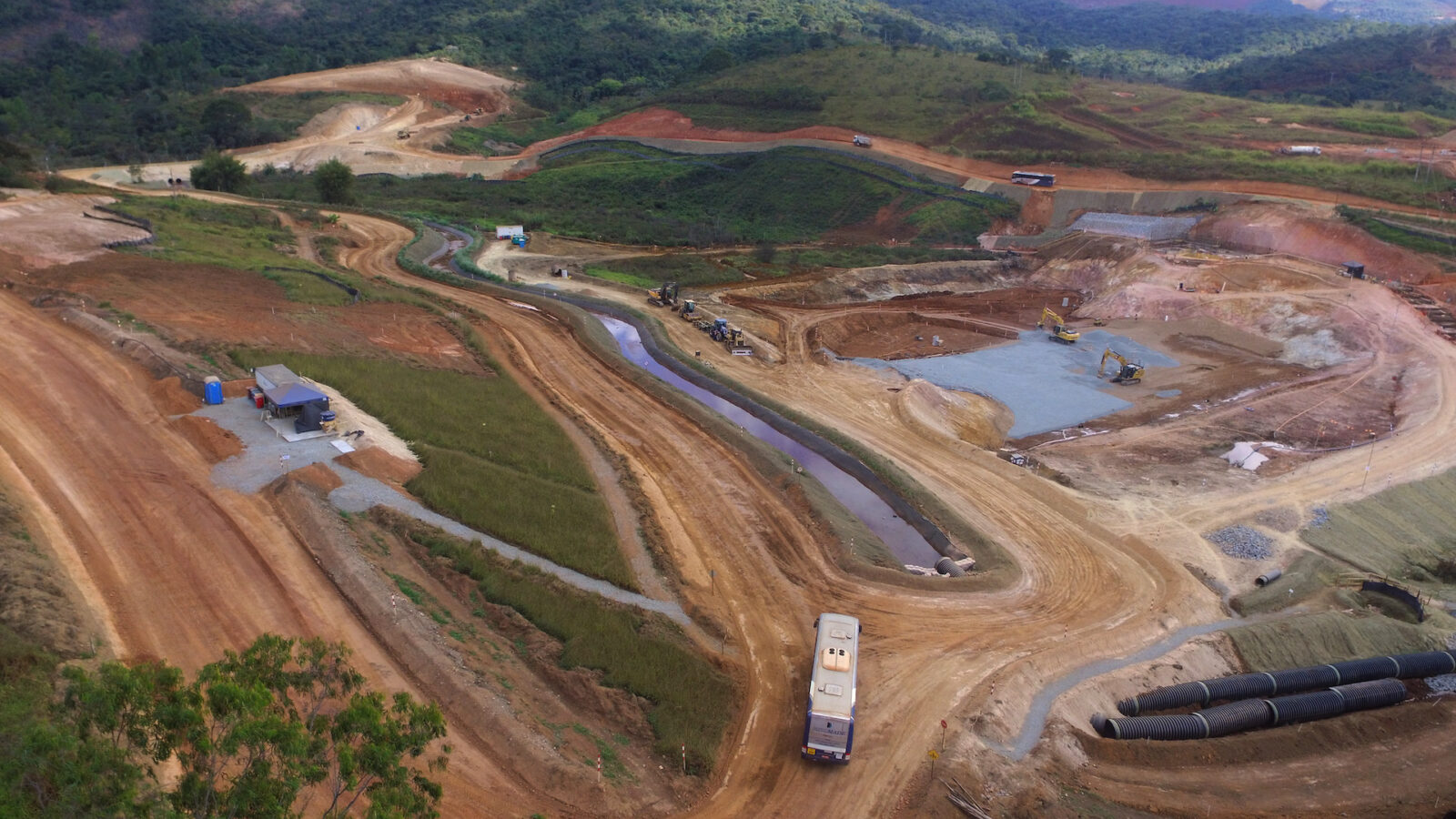A vast iron ore mine in Brazil, owned and operated by UK multinational Anglo American, is causing water shortages, ill-health and disaster anxiety among low-income Afro-descendant communities. Few benefits are visible locally from mining taxes or royalties, according to a new joint report from Brazilian NGO IBASE (Instituto Brasileiro de Análises Sociais e Econômicas) and global transparency coalition Publish What You Pay.
In Search of Transparency: Ending Opacity in Brazil’s Extractive Sector assesses the environmental and human rights impacts of Minas-Rio, the world’s ninth largest iron ore mine, located in Minas Gerais State, and reveals the Brazilian government’s lack of transparency and accountability for mining tax and royalty receipts. The report shows the local municipality struggling with the social costs of the mine, possibly receiving a smaller share of royalties than its due, and failing to report to citizens how it spends the money. Local rural communities fear a dangerous mine waste tailings dam failure.
Athayde Motta of IBASE, co-author of the report, said: “Water shortages caused by Minas-Rio have reduced local food production. Dust from mine explosions causes respiratory diseases. Fear of tailings dam breach runs high. Rural communities suffer most. There is little evidence of Brazil’s federal, state or local governments managing the mine effectively or getting a fair deal for citizens.”
Minas-Rio operator Anglo American responded to requests for comment on a near-final draft of the report, complete with the main findings and recommendations. The company stated that “Our approach, governed by our purpose, [is] to reimagine mining to improve people’s lives …[S]ustainability is at the heart of our decision-making – it is how we do business.”
While the report focuses on a single mine, it also sheds light more widely on problems arising from mineral extraction in Brazil and elsewhere. Among the report’s many recommendations is for Brazil to join the Extractive Industries Transparency Initiative (EITI), which leads implementation of global standards for the good governance of oil, gas and mineral resources.
Helen Clark, EITI Chair, and former Prime Minister of New Zealand, said: “This report outlines the case for EITI implementation in Brazil – a decision which we would strongly support. As a major oil, gas and energy producer, and host to the world’s sixth largest mining industry, the Brazilian Government can play an important role in promoting the sustainable and responsible management of natural resources. By joining the 11 Latin American and Caribbean countries that are already EITI members, Brazil could take a major step towards enhancing natural resource governance in the region and globally.”
In a postscript, the authors question the “unequal ecological exchange” taking place at Minas-Rio and at countless other mines and oil wells around the world in countries where hundreds of millions of people live in poverty and amid environmental degradation.
Miles Litvinoff of Publish What You Pay UK, also co-author of the report, said: “Extractive companies worldwide face growing pressure to eradicate environmental and human rights violations in their supply chains and to work with host governments to ensure that benefits of mineral extraction are more fairly shared with affected communities.”
Notes and contacts
- In Search of Transparency: Ending Opacity in Brazil’s Extractive Sector – An action-research case study of the Minas-Rio iron ore mine is available in full and with a brief summary in English, Portuguese and Spanish at https://www.pwyp.org/pwyp-resources/pwyp-report-brazil-extractives/
- The report follows two previous PWYP action-research studies published with in-country NGOs on the extractive sector in Kazakhstan (2020) and in Nigeria (2021).
- Minas-Rio is Brazil’s fifth largest iron ore mine. A 525 km pipeline takes processed iron ore from Minas-Rio to the coastal port of Açu, from where it is shipped to China.
- Anglo American is listed on the London and Johannesburg stock exchanges and incorporated in the UK. Under UK extractive industry transparency regulations, Anglo American publishes its disaggregated payments to all governments worldwide annually. For Minas-Rio in 2015-18 payments totalled $79.9 million, as discussed in PWYP’s report.
- Mine tailings are waste products, usually stored in water behind retaining dams, and often subject to accidental breaches that can prove deadly. Brazil suffered disastrous tailings dams breaches at Mariana (2015) and Brumadinho (2019).
- Local agricultural production in Conceição do Mato Dentro municipality has declined by two-thirds since construction of the Minas-Rio mine began (report page 26).
- IBASE and PWYP UK invited Anglo American’s comments on the report’s draft findings and took these into consideration in finalising the publication. Anglo American’s comments are available at http://bit.ly/3jrPUWW











